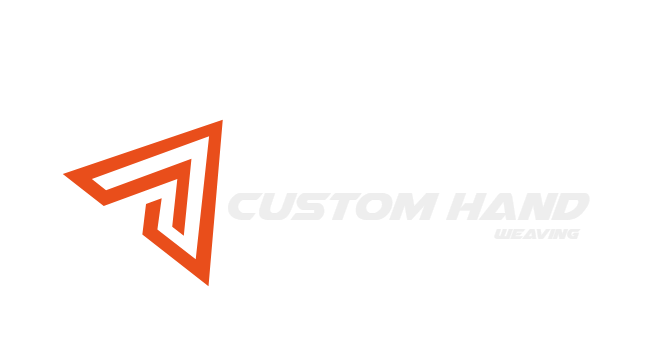If you've been looking for a solution to sell your product or service, you've probably wondered what Private Label is and what it's used for. But what's the difference between a private label and a brand? Here are some reasons why private labeling may be a better option for you. Firstly, you can experiment with new products without the need to invest in equipment or personnel. Secondly, you can scale up or down your orders as you see fit without worrying about the financial loss of discontinuing a product or changing a brand. Lastly, a private label manufacturer has the knowledge and experience to make your product or service faster than you could.

What exactly is Private Label?
Private Label is a business model wherein a company owns its own brand and competes with other businesses' brands. It is a highly profitable model because it gives a business an opportunity to expand. In this way, the company can produce a product that has a unique and competitive selling point, while still remaining in the same market category. A private label can be either a product or a service that a customer will purchase, and the brand can be a unique selling point.
What can I sell under my own brand? Private label products can be virtually anything, including household goods, food and beauty items. The trick is finding a product that will satisfy the needs of your target market while balancing your personal preferences with market research. You can use Google Trends or Ubersuggest to find out what products are trending online. Other resources, like Amazon's best sellers, will let you know what's popular and what's not.
Private label products are manufactured for a specific seller. The retailer has the final say on the product's specs and packaging, but the company retains control of the product's production and distribution. The consumer will perceive the private label products as the company's own brand. For example, a collaboration software seller could launch a private label line of conference call hardware to sell with its collaboration software. But a private label brand is still not an equal substitute for a national brand.
What is the purpose of private label?
Private labeling is the process of selling products manufactured by a third party under a retailer's brand name. It is a popular way for businesses to tap into trends and niche markets. A company that produces private label goods can reap profits in several industries. This type of product can be customized and sold by a single retailer, or it can be sold by several retailers under the same brand. It can be used in a variety of industries, including retail and manufacturing.
The primary benefit of private labeling is lower prices. Unlike manufacturing products, a third party does not have to cover complex costs. They simply need to include the cost of acquiring the product and add a margin. Private label manufacturers have extensive experience in producing the goods, and they can make a product much faster than a manufacturer would. Private labeling is a popular way to increase profit margins without losing control of your brand.
The products that a private label manufacturer sells should be able to sell themselves. This way, they don't need to use expensive advertising campaigns or even go through a sales process to drive consumers. Private label products typically sell for five to six times their manufacturing cost, so they can afford to offer discounts and promotions to consumers. Private label products are also more cost-effective to produce than other products, since they are produced in large volume. Besides, manufacturers can ship all products to just one customer, which will help them reduce their operating costs.
the difference between private label and brand
What is the difference between private label and brand? Private labels are brands owned by companies. They compete with brands from other businesses. The products under this brand are often exclusive to the firm that owns it. Private labels can also be licensed to another company to sell a specific product. A typical grocery store shelf includes international and private label products. In the grocery industry, private labels are sometimes referred to as "white label" products, because they are sold by more than one retailer.
Private labels are often superior to generic products from the 1970s. This is evident in the increasing satisfaction consumers have with these products. According to a recent Nielson Company study, private label products are growing in popularity. Lower prices and improved product quality were major selling points during the recession, but this has led many consumers to stick with private label products. Some retailers have embraced this trend, offering private label products at different price points, including a premium line.
While private label products are similar to those from major brands, many are manufactured by a third party. They are sold under a retailer's name, and they are usually sold for less than their name-brand counterparts. Some private label products are widely known, such as Walmart's Great Value brand. Other private-label brands include Target's Mainstays brand and Costco's Kirkland Signature brand. In the grocery industry, private label products are a staple of grocery stores. Many department stores also sell private label products.
